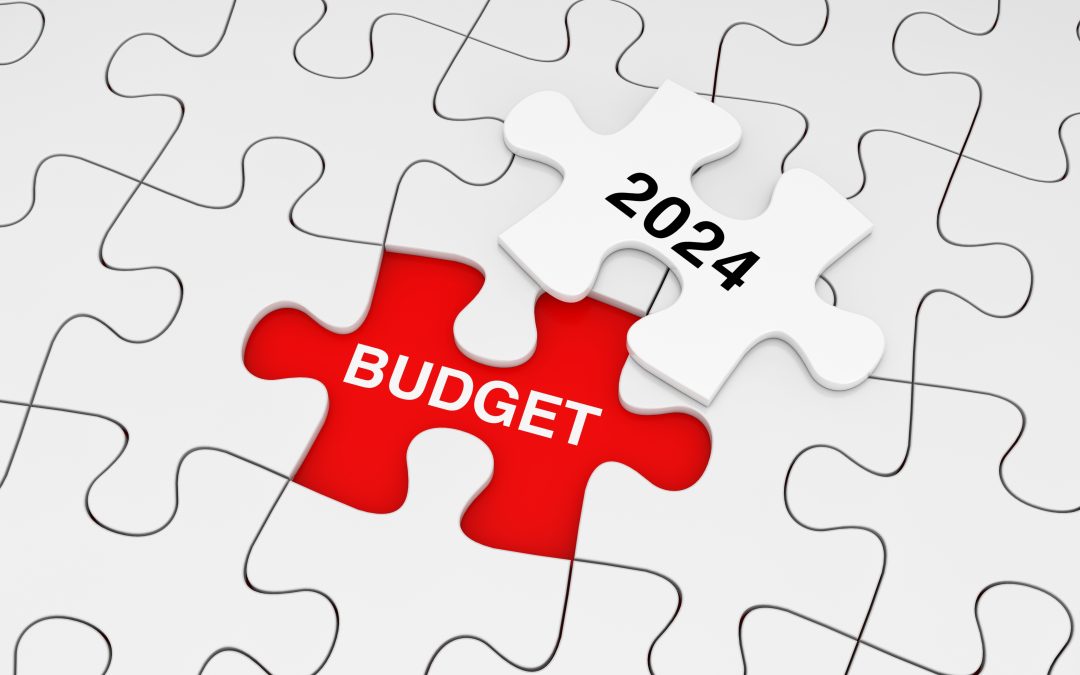Every year, the national budget release brings crucial updates on policies, taxes, and incentives that impact businesses across all sectors. For business owners, staying proactive and preparing for these changes can make the difference between seizing opportunities and scrambling to adapt. Whether you’re a small enterprise or a large organisation, here are key steps to prepare your business for today’s budget plan and ensure you stay ahead of the game.
- Review Key Budget Announcements for Business Impact
The first step is to understand what the budget plan means for your industry and your business specifically. Common areas affected include:
- Corporate tax rates
- Capital allowances and investment incentives
- Employee tax and national insurance contributions
- Grants and funding opportunities
- Minimum wage changes
- Sector-specific measures (e.g., green initiatives, digital taxes)
Once the budget is released, take time to thoroughly review it or consult with a financial advisor. Knowing the details will help you understand the immediate and long-term impact on your business operations and cash flow.
- Evaluate Your Financial Plan in Light of Tax Changes
Tax policies are usually a primary focus in any budget announcement, so assess any new tax rates or reliefs and consider how they affect your finances. For example:
- Plan for potential tax increases: If corporate taxes or VAT rates are raised, you’ll want to adjust your pricing strategies and operational budgets.
- Leverage tax reliefs: Some budget plans may introduce new allowances or credits for research and development, green investments, or capital expenditures. Make sure you are set up to take advantage of these.
Your financial advisor can provide guidance on leveraging tax changes to optimise your financial strategy.
- Assess Labour Costs and Employment Policies
The budget often includes changes to minimum wage, national insurance, or other employment policies. If these costs increase, assess the impact on your payroll expenses. Here’s how to prepare:
- Budget for wage increases: Factor in any rise in minimum wage for hourly employees.
- Consider staffing strategies: Think about optimising your workforce or investing in employee training to improve productivity.
Ensuring your staff costs are accounted for can help you avoid unexpected cash flow issues as the year progresses.
- Explore New Funding and Grants
Government budgets often introduce new funding programs, grants, or subsidies aimed at encouraging business growth in certain sectors, such as digital transformation, green initiatives, or manufacturing. Take time to research these opportunities and consider whether applying for these could benefit your business.
Considerations for applying:
- Determine if your business meets the criteria.
- Assess the resources needed to apply (e.g., documentation, project proposals).
- Understand the timeline for receiving funding and how it fits into your growth plans.
- Adjust Pricing Strategies in Response to Inflation and Supply Chain Changes
Budgets frequently address issues like inflation, supply chain disruptions, and import/export tariffs, which can affect the cost of goods. If there’s an expected rise in inflation or import costs, consider revisiting your pricing strategy to protect your profit margins.
Steps to prepare:
- Review your supply chain contracts and negotiate better terms if possible.
- Consider whether modest price increases or sourcing alternative suppliers could help manage rising costs.
- Communicate any necessary price adjustments to customers transparently to maintain trust.
- Strengthen Cash Flow Management
Regardless of the specific changes, a new budget plan is an excellent reminder to strengthen your cash flow management. By proactively managing cash flow, you’ll be in a better position to handle unexpected costs and take advantage of growth opportunities.
Cash flow tips:
- Review payment terms with clients to ensure timely payments.
- Identify any areas where you can cut unnecessary expenses.
- Establish a cash reserve to handle potential financial shifts due to new budget policies.
- Consider Investment in Technology and Innovation
If the budget includes incentives for digital transformation or innovation, this could be a good opportunity to invest in new technologies. Modernising your operations not only increases efficiency but can also open new revenue streams.
Examples of strategic tech investments:
- Automate manual processes to save time and labour.
- Invest in data analytics tools to understand customer trends and optimise your marketing efforts.
- Consider upgrading cybersecurity measures to protect against rising digital threats.
- Prepare for Environmental and Sustainability Initiatives
Many budgets now include provisions aimed at promoting environmentally sustainable practices. If there are green incentives or new environmental regulations in this budget, assess how these might impact your business model and reputation.
Actions to consider:
- Implement sustainable practices that qualify for green tax incentives.
- Review your supply chain for sustainability and environmental compliance.
- Communicate your sustainability efforts to customers, enhancing your brand’s appeal to eco-conscious clients.
- Revisit Your Strategic Plan and Objectives
Use the new budget as a moment to reflect on your strategic plan. Do your current objectives align with the changing economic landscape? Adjust your goals and growth targets if necessary to ensure they’re realistic and achievable in light of the new budgetary context.
Steps to take:
- Hold a team meeting to discuss potential impacts of the budget.
- Set actionable goals that align with your updated strategic vision.
- Ensure all departments are aware of any changes in priorities or resource allocation.
- Engage with Your Accountant or Financial Advisor
Lastly, don’t hesitate to seek expert advice to fully understand how the budget affects your business. Accountants and financial advisors can provide invaluable insights, helping you navigate complex changes and optimise your financial strategy.
Questions to ask your advisor:
- Are there any new deductions or credits we should consider?
- How will the new budget impact cash flow, and what steps can we take to improve it?
- Are there any specific strategies to reduce our tax burden given the latest changes?
Final Thoughts: Proactive Planning Is Key
A new budget can create both challenges and opportunities for your business. By proactively addressing these changes and strategically adapting your approach, you’ll be well-prepared to navigate the months ahead. Remember, planning isn’t a one-time exercise; as you move through the year, continually reassess and adjust as needed to stay aligned with your business objectives.
Taking these steps now ensures you’re in a stronger position to grow, adapt, and thrive in 2025 and beyond. If you’re ready to take your planning to the next level, contact FreedomBC for support in shaping a strategic and financially sound approach to the year ahead.

